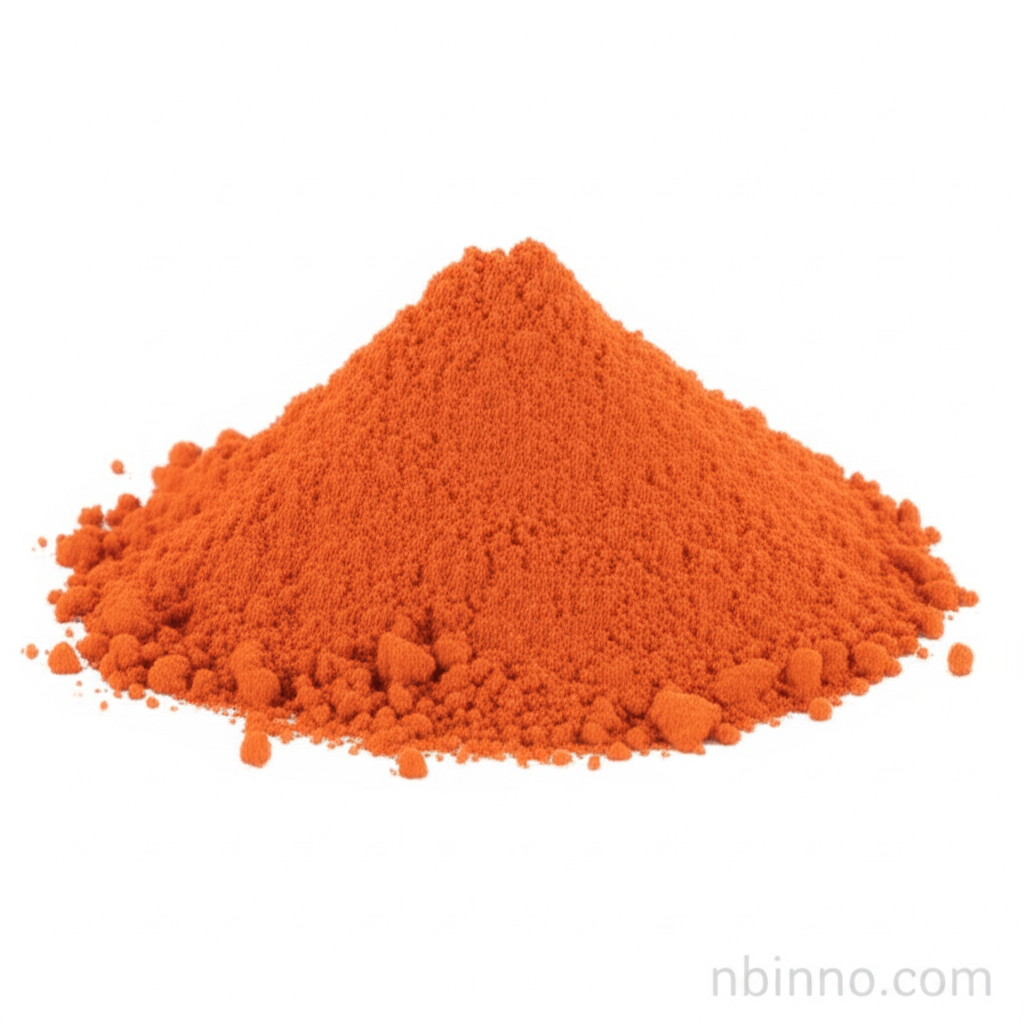Valrubicin: An Anthracycline Agent for Bladder Cancer Treatment
Discover the role of valrubicin in managing BCG-refractory bladder cancer.
Get a Quote & SampleProduct Core Value

Valrubicin
Valrubicin is a vital chemotherapy drug employed in the intravesical treatment of BCG-refractory bladder carcinoma in situ (CIS). Its mechanism of action centers on inhibiting DNA topoisomerase II, a critical enzyme for DNA synthesis, thereby inducing chromosomal damage and halting cell cycle progression. This makes it a key therapeutic option for patients where standard treatments have proven ineffective or are contraindicated.
- Understanding valrubicin intravesical administration is crucial for effective bladder cancer treatment. The drug is instilled directly into the bladder, allowing for localized action and minimizing systemic exposure.
- BCG-refractory bladder CIS treatment relies on agents like valrubicin when immunotherapy is no longer effective, offering an alternative pathway to disease management.
- Anthracycline chemotherapy for bladder cancer, like valrubicin, targets cancer cells by interfering with their ability to replicate and survive.
- Patients undergoing valrubicin treatment should be aware of potential side effects, including bladder irritation and changes in urine color, which are typically manageable.
Key Advantages
Targeted Bladder Therapy
The intravesical administration of valrubicin provides targeted therapy directly to the bladder, enhancing efficacy for bladder cancer treatment.
Alternative for Refractory Cases
Valrubicin serves as a critical option for patients with BCG-refractory bladder CIS, offering a treatment path when other therapies have failed.
DNA Synthesis Inhibition
Its role in inhibiting DNA topoisomerase II is fundamental to its antineoplastic activity, making it a potent agent in oncology.
Key Applications
Bladder Cancer Treatment
Valrubicin is a cornerstone in the treatment of specific types of bladder cancer, particularly carcinoma in situ (CIS) that is refractory to Bacillus Calmette-Guerin (BCG) therapy.
Carcinoma in Situ Management
For patients with CIS where immediate cystectomy is not advisable due to high morbidity or mortality, valrubicin offers a vital therapeutic alternative.
Oncological Research
As a well-characterized anthracycline, valrubicin is valuable in ongoing oncological research exploring new treatment modalities and understanding cancer cell resistance mechanisms.
Urological Drug Development
The drug's specific intravesical application makes it a relevant compound in the development of novel urological drug delivery systems and treatments.
